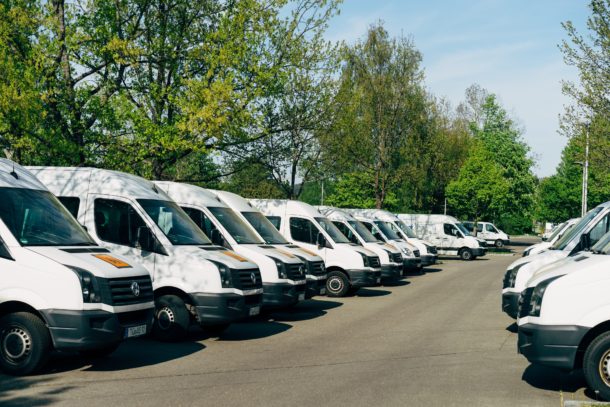In a logistics company or a transportation company, the fleet manager plays a very important role. Fleet managers are responsible for choosing and maintaining vehicles in order to keep deliveries and distribution on schedule and within budget. A successful fleet manager needs experience and skills in operations, logistics, and using software programs to monitor the trucks themselves and the drivers. You can make your fleet more efficient with these tips.

An efficient fleet is cheaper to run, and less likely to encounter issues that mean you need to call a truck accident lawyer.
Fuel Card
A good fleet manager can often negotiate larger volume rebates if they contract directly with providers of fuel cards. The fuel business is a very high volume, but low margin business, and using a fuel card puts a middle man between the provider of the fuel and the end-user.
Maintenance Control
This can be an opportunity for a large cost saving as the impact of vehicle downtime affects how efficiently drivers can use the fleet. Other vehicles have to make up the work during downtime, causing a drain on them, and company performance gets impacted too. There are many benefits to scheduling downtime beforehand, including being able to get much more efficient strategies into place.
Utilize Telematics
Telematics can be used for a more efficient fleet and to improve fuel efficiency. Telematics is also thought to help in the reduction of fuel consumption and CO2 emissions.
Telematics encourages drivers to change their habits and behavior when they drive, encouraging slower, more cautious driving. It’s also a useful tool to find more effective ways to manage your fleet. If you have up-to-date positions of the fleet and traffic information, you can better decide the most efficient routes for the driver in the most suitable position. This could help you reduce the amount of time that gets wasted, making the most out of your drivers’ time.
Driver Training
Carrying out driver training is a popular measure used to reduce fuel bills. Give your drivers tips, and promote food practices at the same as obtaining accurate data about driving behavior in your fleet to find any embedded bad habits. The issues you discover can then be properly addressed with training and education to make your drivers more efficient. Even just promoting a few simple tips and tricks can see a change a driving behavior which could then see a reduction in fuel usage.
Establish A Robust Fleet Policy
A clear written policy is a good start for improving your fleet efficiency. These are some of the best areas to include in your policy:
- Which departments or individuals need a vehicle to help in their role?
- Are there any differences in the type of vehicle that should be offered to different role types?
- Which vehicles will meet the needs of the individual?
- What is the objective of the vehicles that you use? Is it low fuel consumption or style?
- Do you encourage pooling between your employees?




Join the conversation: